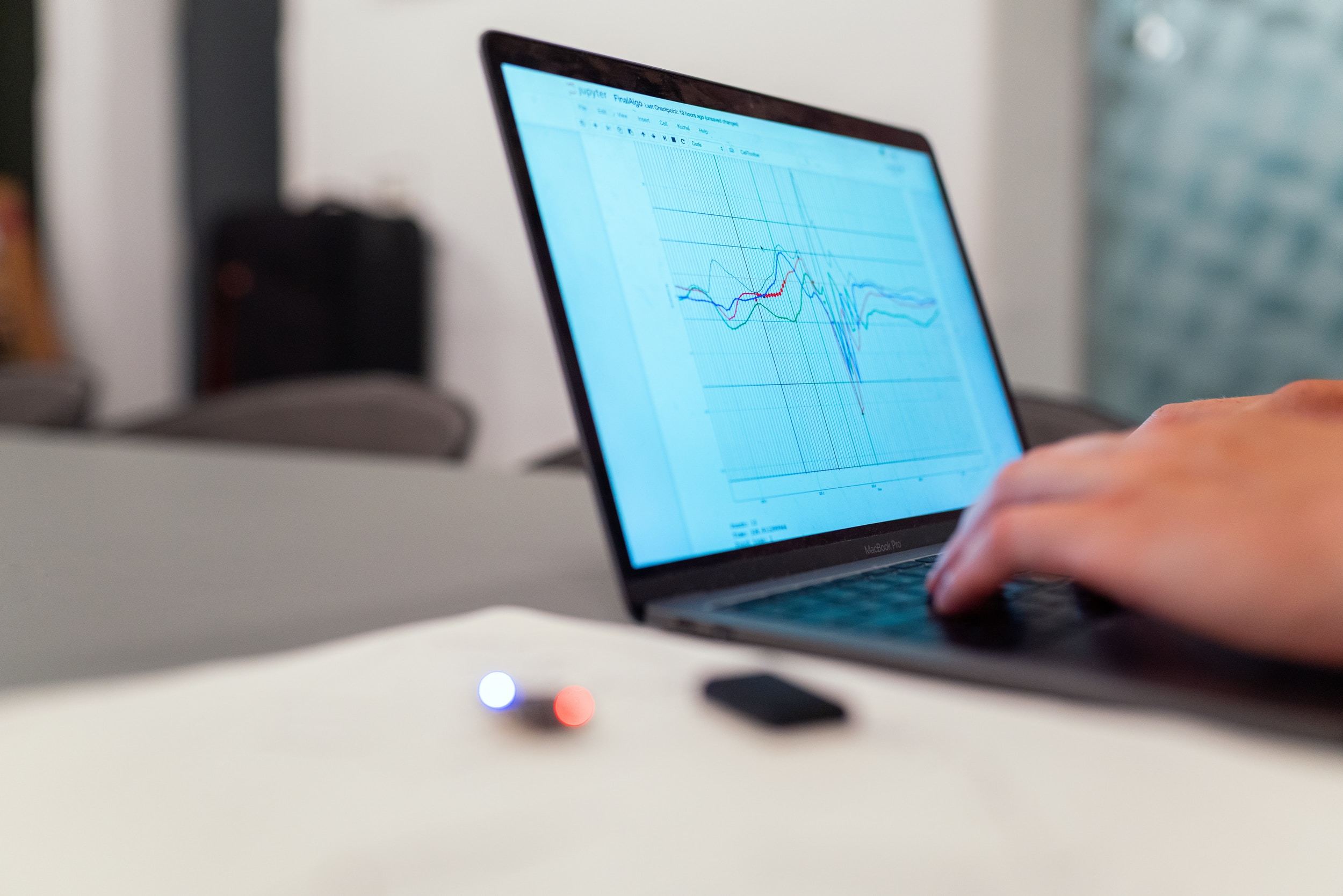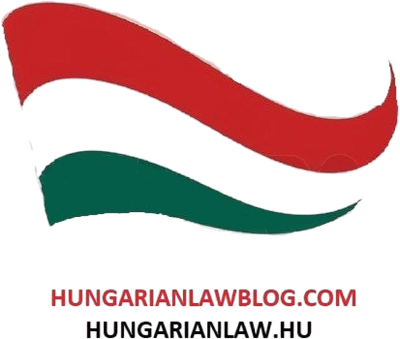Discover the potential implications of a design software hack within a professional setting.
Copyright must be taken seriously. People who download illegal copies of design software from dubious sources on the internet, rather than buying it from the rightful owner or a distributor, often do not realise the serious consequences they could face. It does not seem realistic to them that anyone would notice when they download software illegally stripped of its IT protection features onto their work or home computer. Very expensive design software is typically only installed on a computer to speed up a task and then forgotten about.
According to the experience of Dr György Zalavári, the author of this article, it is a great surprise when the author of the software, an employee of the company selling the software or a legal representative of the company, unexpectedly contacts them by e-mail and indicates that the software has sent information to their system that it has been used without authorisation.
This data usually contains information that can be used to identify the domain, IP address or MAC identifier that identifies the user, the specific computer, the Internet connection or even the company to which the person is linked by some legal relationship.
It is particularly unpleasant if the letter is not addressed to the employee but directly to the manager of his employer, who is typically unaware that someone has used illegally installed software in his company. Under copyright law, unauthorised use of software is an infringement of copyright and carries a number of consequences.

However, in addition to damages and civil claims, these consequences include the possibility of criminal offences. The rightholder may decide to initiate one or both types of proceedings in relation to the infringing activity.
In particular, the application of the software owner may come as a serious surprise to the management because these letters usually contain a very high claim for damages, far exceeding the market value of the software, which is not available at a low price, as it also includes additional damages.
It is important for all managers who may be concerned about the unauthorised use of design software to be aware that the companies that produce the software have a special system for continuously tracking down unauthorised users on the basis of the signals sent by the software to the development centre via the built-in automatic mechanisms.
The primary objective of software creators is not typically to bring as many prosecutions and damages actions as possible before the courts and other authorities, but rather to legalise these illegal uses and to establish a commercial relationship with all those who have tried to use their software in any way, and to sell them software that is now legal to use in a somewhat forced settlement of the illegal use.
This not only generates revenue for them from software sales, but is also a desirable way to increase the number of additional users. When faced with such a situation, it is essential for the company manager to order an internal investigation and to find out who has actually installed illegally downloaded software, on which computer and for what purpose. It is also advisable to request any available IT identification data from the rightful claimant, in the hope that it may reveal that the computer or Internet connection in question does not actually belong to the company.
In such a case, we strongly recommend that you initiate discussions with the owner of the software and try to obtain as much information as possible about the case. A complete refusal to negotiate and a lack of communication may lead to the software vendor initiating liability proceedings.
Another issue is the determination of the employee's liability for damages under employment law. If you find yourself in such a situation, we recommend you contact our experts.
Dr. György Zalavári LL.M.
Ecovis Zalavári Legal Hungary
Lawyer | Mediator | Corporate Law and Data Protection Specialist
gyorgy.zalavari@ecovis.hu

